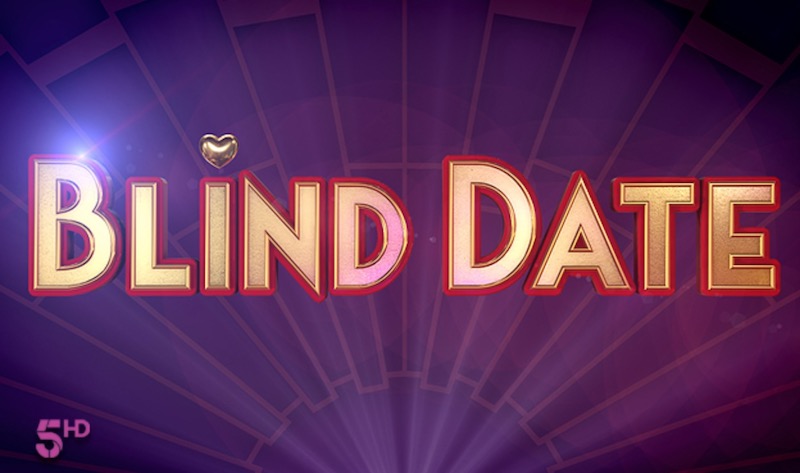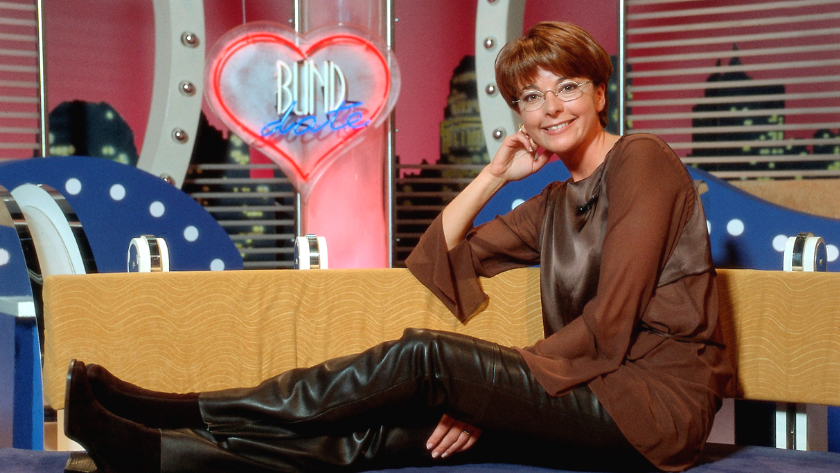

If they do care about the details, they’ll simply ask in the Q&A or through e-mail or social media. Second, your audience probably do not care as much about the details as you do. Ending early makes it feel like time flew by and leaves more time for questions and discussion. First, people typically complain when talks go on for too long - not for being too short. When we work on our talks, we should remind ourselves of two things. They cram in too much material and overwhelm their audience, who then struggle to retain anything from the presentation. Unfortunately, many presenters seem to dump in the whole spice rack.

Not enough and it comes out bland, but too much creates something unpalatable. Don’t cram in materialĪdding information to a presentation is like adding salt to food.
Blind date how to#
Practise these changes in your voice they not only alter the meaning of your words, they teach you how to speak in a more engaging manner.

Add and remove pauses, and say it in a deeper and higher voice (pitch). Whisper and shout the sentence (volume) speak it slowly and then quickly (rate). That is the power of inflection in speech. If you emphasize a different word, the meaning of the sentence can change. For example, practise speaking the following sentence: ‘Why did you blame him?’ The best way to get better at playing the instrument of the voice is to practise. Too often, scientific talks hit the same note, at the same pace, for 45 minutes straight. It’s a lifelong journey, but here are the four most useful things I’ve learnt. The noticeable improvement in feedback inspired me to continue working on my public-speaking skills. For example, a senior faculty member said my most recent talk was the best they’d seen in a long time, and over the next few days, I received nearly a dozen similar messages from other faculty members and graduate students. Since completing the class, I’ve continued giving research talks and have received much-more-positive feedback. Their book compares communication to a romantic relationship it starts by getting someone’s attention on a blind date and flourishes when you are attentive to their interests, respond to their feedback and avoid monotony. So, a few months later, I enrolled in a public-speaking course taught by James Wagstaffe and Bruce Bean, authors of Romancing the Room: How to Engage Your Audience, Court Your Crowd, and Speak Successfully in Public (2002). She said that academics are experts at making interesting stuff boring and inaccessible - and that we should all be required to take a public-speaking class. My friend, who works in insurance, disagreed. Credit: uschools/GettyĪbout a year ago, a friend outside academia attended a talk I gave on the science of emotions, a topic I research at Stanford University in California. Woo your audience as you would a blind date.


 0 kommentar(er)
0 kommentar(er)
